Technical Support for Livestock Production to Avoid Aflatoxins
Cotton, peanut, wheat, and rice by-products are commonly used as ruminant feed in West Africa. However, these feedstuffs must be carefully assessed for potential contamination and safety concerns.
It is critical to evaluate the aflatoxin levels in these agricultural by-products. Aflatoxins are highly toxic and carcinogenic compounds produced by certain fungi, which can accumulate in livestock products and pose serious health risks to both animals and humans. Regular testing and monitoring of aflatoxin levels is essential to ensure the safety and quality of the feed supply.
In addition to aflatoxin contamination, the presence of gossypol in cottonseed cake is another factor that requires close attention. Gossypol is a natural defense compound found in cotton plants that can be toxic to certain livestock, particularly non-ruminants like pigs and poultry.
Implementing comprehensive feed testing protocols and adopting best practices for feed handling and storage are crucial to ensuring the long-term sustainability and resilience of the regional livestock sector.


Proposed Strategy
- Study climate change influence on aflatoxin risks.
- Analyze and reduce aflatoxin presence in livestock feed, improving food quality and safety in West Africa.
- Assess aflatoxin B1 in animal feed and aflatoxin M1 in milk, establishing analysis policies to reduce risks.
- Propose action plan to reduce aflatoxin transfer in the food chain, increase food security and mitigate climate effects.
TASKS
Climate Change Impact
Study influence on aflatoxin risks
Nutritional Analysis
Assess feed ingredient values
Practical rations for ruminants
Nutritional assessment CSM, PC, WB as ingredients for the formulation of practical rations for ruminants
Aflatoxin Evaluation
Measure B1 in feed, M1 in milk
Safety Protocols
Design self-monitoring and food safety
Strategic Plan
Draft AFLATOXIN B1 risk management
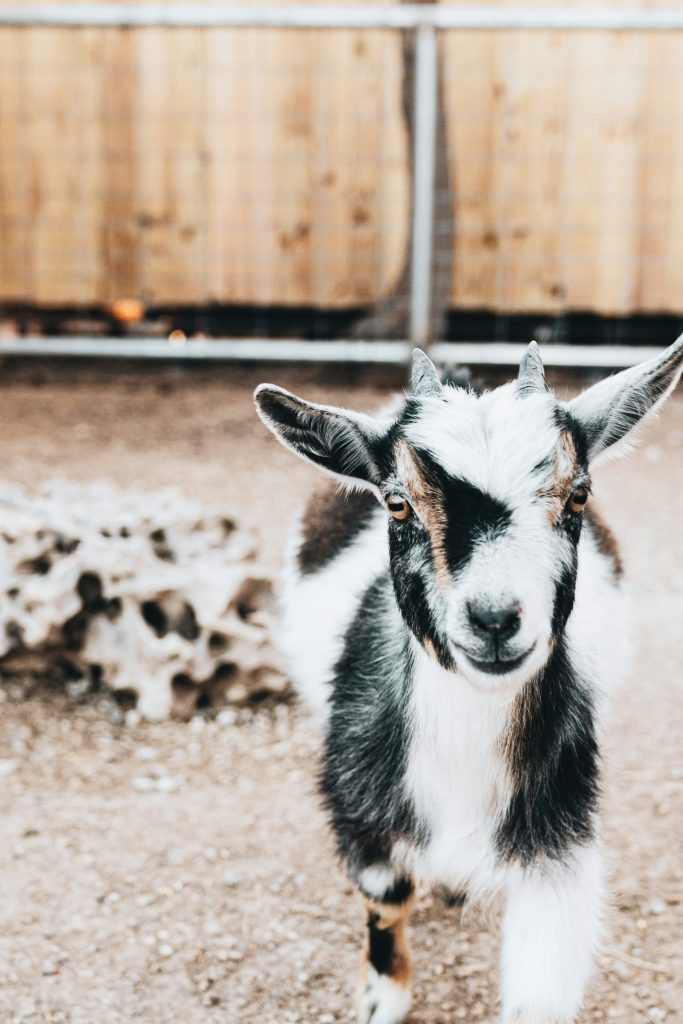
Deliverables
Climate Impact Analysis
Assess the influence of climate change on aflatoxin risks in the Sahel.
Reference Laboratory
Establish food quality and aflatoxin analysis lab at Landmark University, Nigeria.
Regional Laboratories
Set up aflatoxin analysis labs in Mali, Niger, and Burkina Faso.
Aflatoxin Risk Strategy
Propose risk management plan for aflatoxins in animal feed for ECOWAS.
Challenges in Livestock Feed Production in the Sahel
Addressing Key Obstacles in Livestock Feed Production
 Harsh Climatic Conditions Impacting Feed Production The unfavorable climate in the Sahel region poses challenges to optimal feed production for livestock due to water scarcity and extreme temperatures. |  Scarcity of Quality Raw materials for Livestock Feed Limited availability of high-quality raw materials hinders the production of nutritious feed essential for the health and productivity of ruminants animals. |  Presence of Aflatoxins in Feed Aflatoxins, harmful toxins produced by molds in feed, are a prevalent issue affecting animal health, human consumption, and overall feed quality in the region. |  Inadequate Distribution Networks The inefficiencies in distribution networks restrict the smooth flow of livestock feed, leading to accessibility challenges and uneven availability across the region. |
The aim of the Project is to contribute to the agroecological transformation of agropastoral systems to avoid the harmful effects of climate change, to make them more productive, resilient and healthy for ruminant animals, humans and the environment in the Sahel.
Three beneficiary Countries
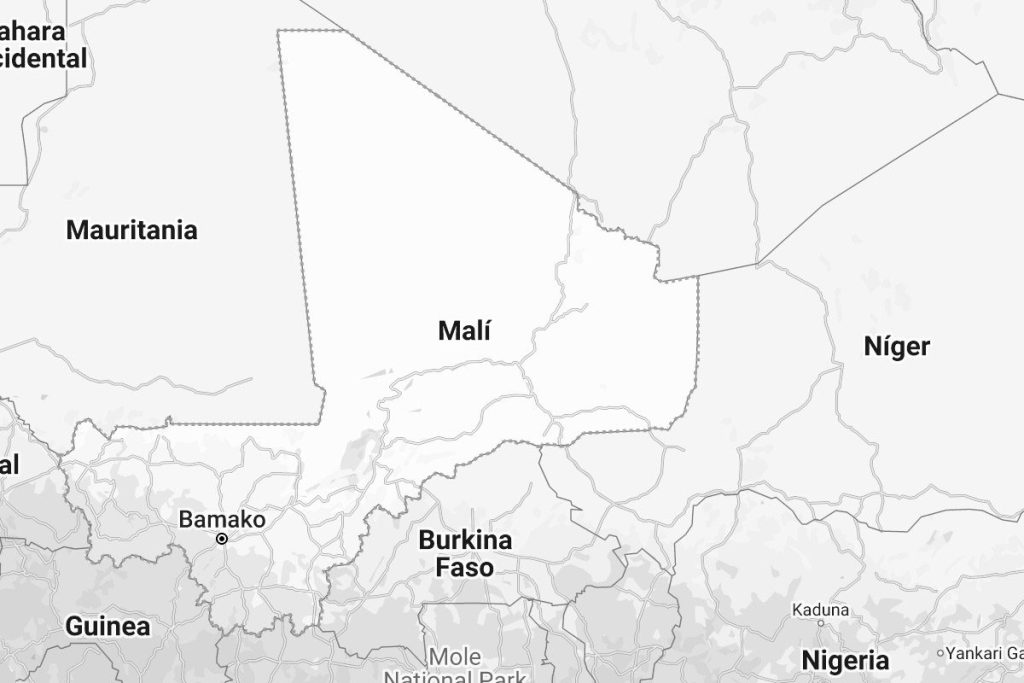
MALI
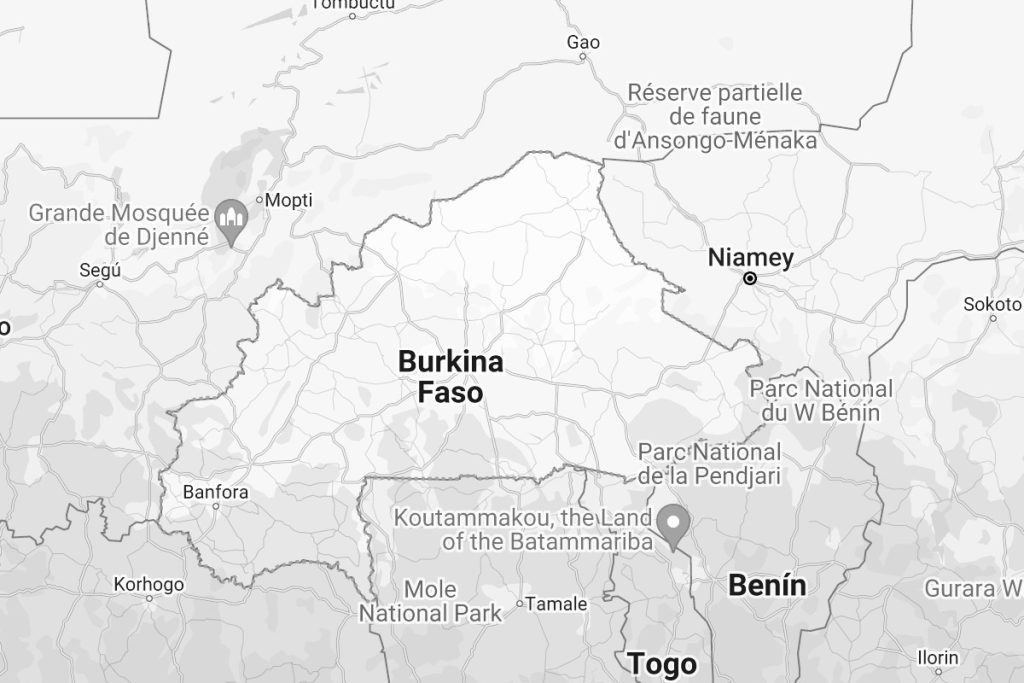
BURKINA FASO
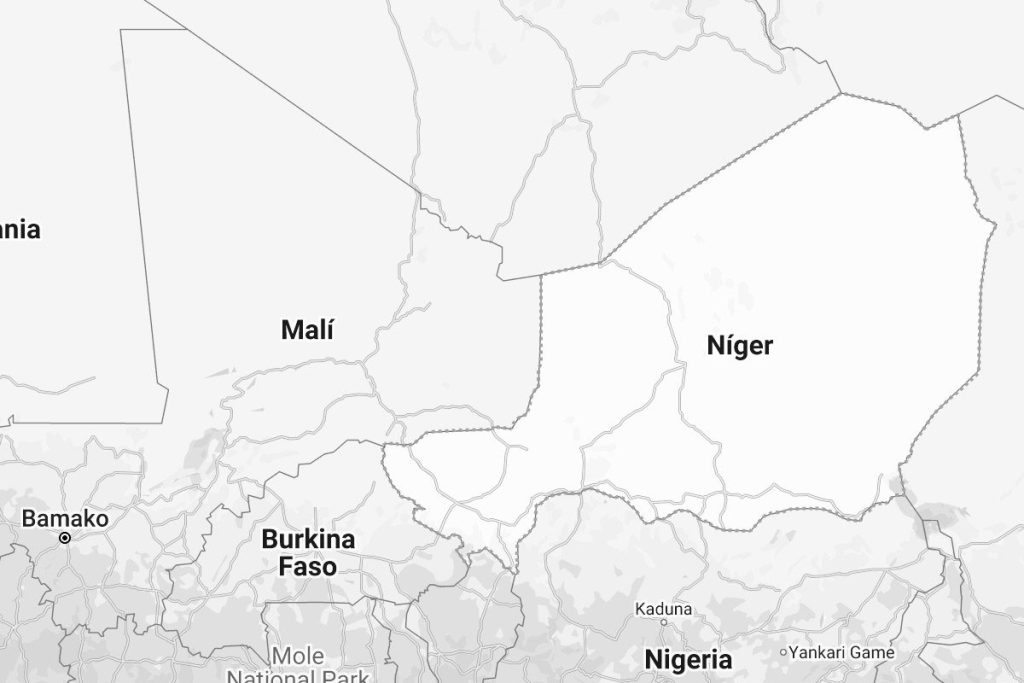
NIGER
With the assistance of Nigeria as reference country due the big importance of this country in the region.
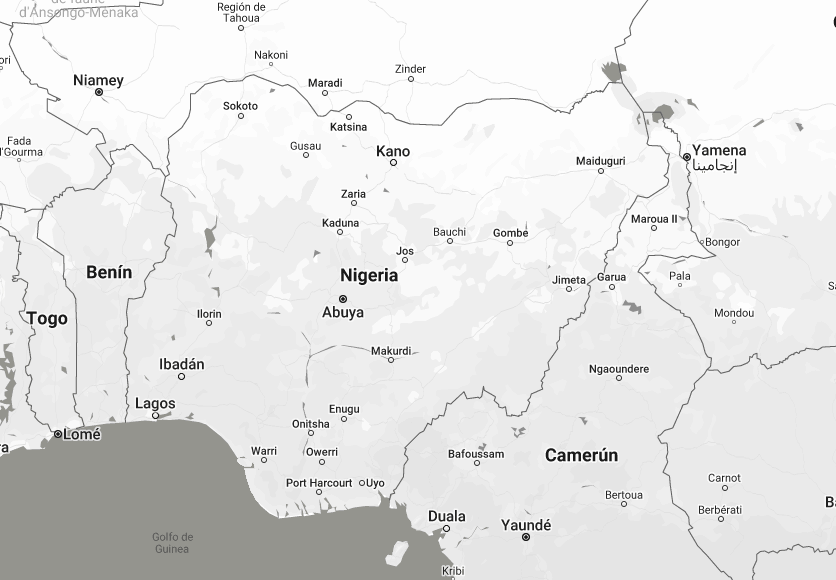
NIGERIA
